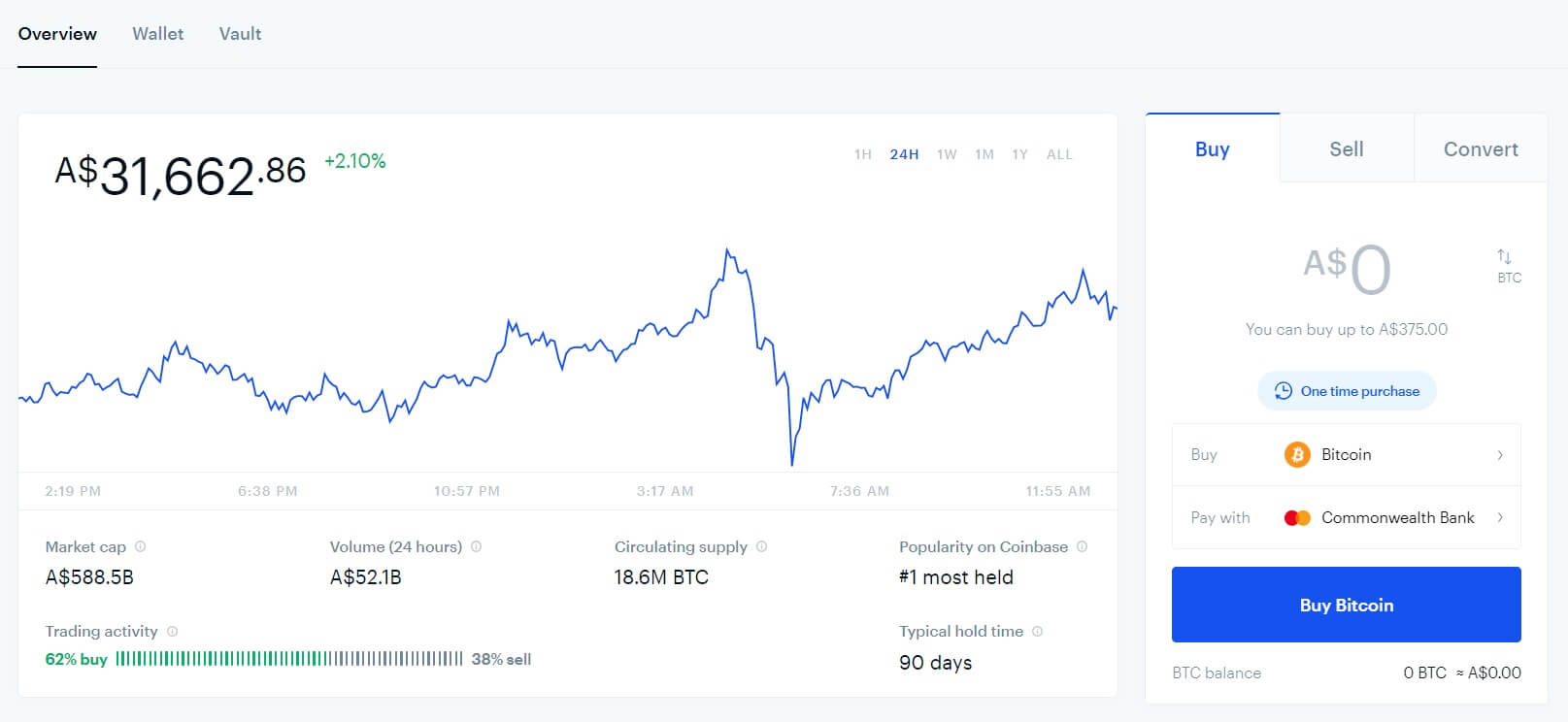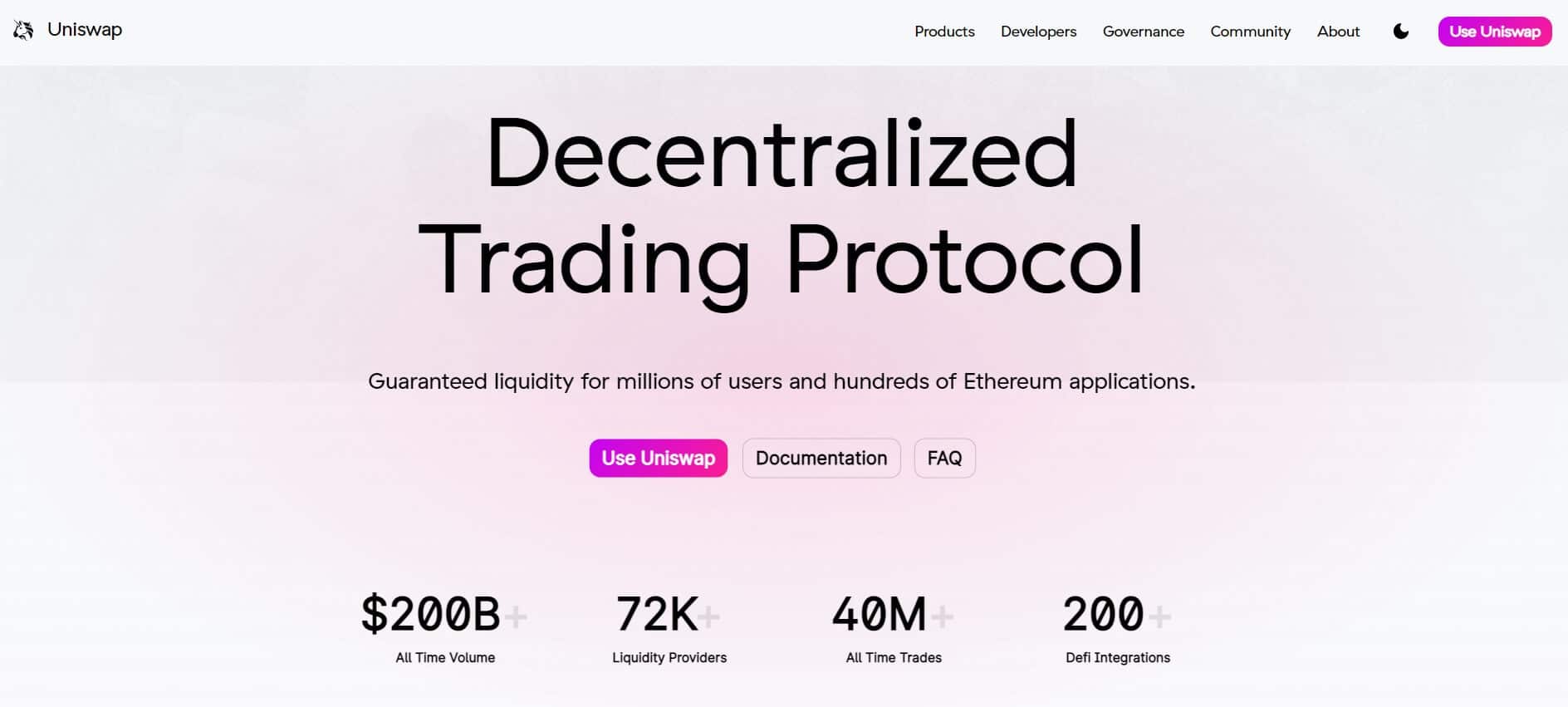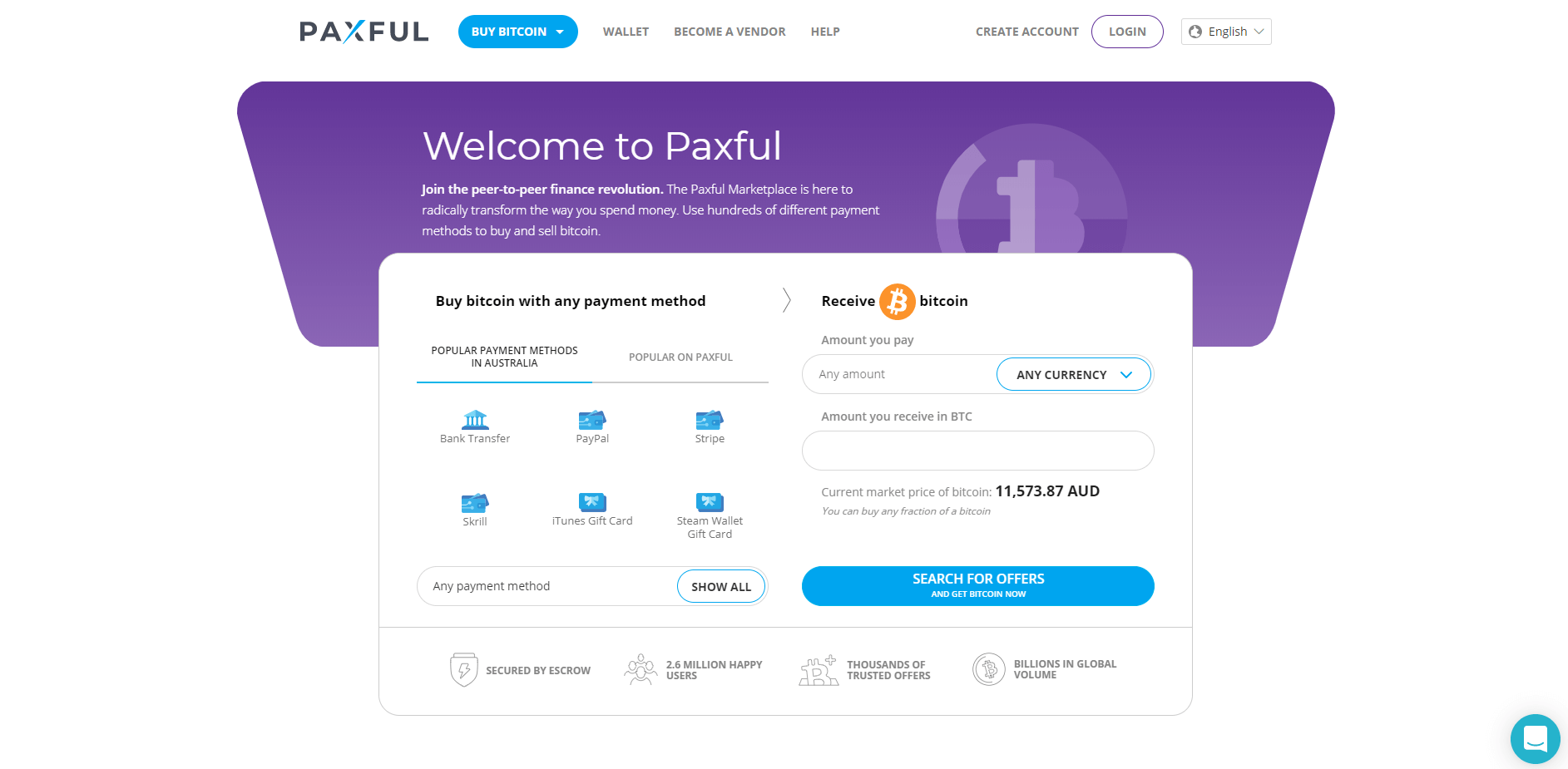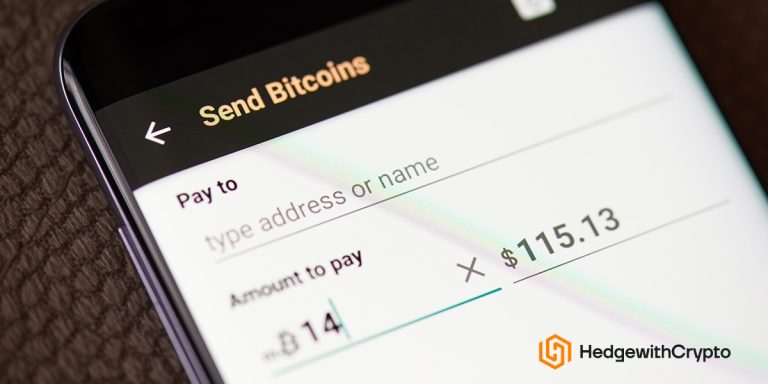How To Create A Crypto Exchange Business
TABLE OF CONTENTS
According to research from BitHolla, most entrepreneurs who decide to launch their digital currency exchange will implement a centralized model. This is due to the higher potential to generate revenue from various sources such as coin listing fees, deposit charges, and trading fees.
To start a Bitcoin exchange, follow these basic steps:
- Partner with a white-label exchange
- Choose a crypto exchange business name
- Setup the countries and languages to support
- Decide which coins to support and trading pairs
- Host the exchange on a registered domain
- Market and promote the Bitcoin exchange
- Onboard new customers to create an account
Should I Start A Crypto Exchange?
With global interest in digital currencies peaking and investors flocking to obtain Bitcoin on exchanges, starting a crypto exchange now might be the perfect time to capitalize on a fast-paced multi-billion dollar industry. According to a recent article on the wealthiest billionaires in the world, there are now 12 billionaires who work directly within the cryptocurrency industry which is a 200% increase from the previous year.

Forbes notes that FTX Exchange CEO, Sam Bankman-Fried is the wealthiest crypto billionaire with $8.7 billion today. The CEO of the popular exchange Coinbase, Brian Armstrong, is next on the list with a net worth of $6.5 billion. The Winklevoss twins, founders of the Gemini Exchange, share a combined net worth of around $6 billion. Changpeng Zhao (‘CZ') who is the founder of Binance, has assets worth at least $1.9 billion.
While there is no guarantee of success starting a crypto platform, there is a significant business opportunity created due to the massive inflow of money from retail traders and financial institutions. Likewise, strong advocates of blockchain technology can build a crypto exchange to increase the global adoption of Bitcoin and other cryptocurrency projects.
Related: The top countries for crypto adoption.
What Are The Different Types Of Exchanges?
There are 3 different types of platforms. These are best described as centralized exchanges (CEX), decentralized exchanges (DEX) and peer-to-peer exchanges, which each have their own pros and cons.
1. Centralized Exchanges
Centralized exchanges are the most popular type of crypto exchange. These types of platforms act as the custodian to store customers' digital assets using their infrastructure to function as an intermediary between buyers and sellers (similar to a traditional bank). In return, the crypto exchange or broker will charge a trading fee which can vary from 0.1% to as high as 3.99% to covers the expenses of providing a safe and secure environment.
Examples of popular centralized cryptocurrency exchanges are Coinbase, Kraken and Binance.

2. Decentralized Exchanges
In comparison to a centralized exchange, decentralized exchanges ‘also known as DEX' are non-custodial. Therefore, the exchange does not store customer's digital assets. The infrastructure behind the exchange aims to facilitate the transaction between buyers and sellers where the funds are sent directly from each wallet, directly on the blockchain. These types of exchanges offer the highest security but are limited in features to maximize revenue and come with low trading volumes and liquidity.
Examples of some of the best crypto DEXs are Uniswap, Pancake Swap and Binance DEX.

3. Peer-To-Peer Exchanges
A Peer-to-Peer (P2P) exchange is similar to a decentralized exchange where the platform provides the background infrastructure and hardware to facilitate direct transactions between two persons without an intermediary. Instead of connecting two wallets, a P2P crypto exchange connects buyers and sellers using an escrow service to ensure a successful transaction is completed at an agreed price and payment method.
The main method for generating revenue is charging a percentage of each completed transaction which can be up to 1%, however, do not have high crypto trading volumes in countries such as the USA, Canada, Australia and the UK. These platforms have surged in popularity in Africa and countries where Bitcoin exchanges have been banned. Some of the best P2P crypto exchanges are LocalBitcoins and Paxful.

What Is A White Label Crypto Exchange?
A white-label cryptocurrency exchange is a pre-made software development kit that integrates with the blockchain ecosystem to offer a fully customizable trading platform with your branding. The off-the-shelf products can be configured to offer specific features, trading pairs, VIP levels and tiered trading fees.
Several companies provide white-label exchanges such as HollaEX, Skalex, AlphaPoint and EsPay. Each solution varies in features offered, however, aims to provide a cost-effective and low-risk cryptocurrency business for individuals to create a secure trading environment.
Starting A New Crypto Trading Exchange
Starting a new crypto exchange from scratch involves a high degree of technical expertise, knowledge, resources and time to develop an initial concept idea into a cryptocurrency business. Depending on your background, you may need to partner with individuals with a common interest and to offset any gaps in expertise. Here are a few tips and guidelines to help you start a Bitcoin trading platform based on feedback from multiple exchanges.
1. Conduct Thorough Market Research
With any new business venture, it is important to conduct due diligence and research the market. A good place to start is forums and social media to find interest groups in the cryptocurrency space. Find out if there is a demand for a type of exchange (e.g. centralized or decentralized), a specific feature that is not available locally such as a Bitcoin saving account to earn interest, traders' preference for a crypto product such as leverage trading or CFD's or an exotic altcoin that is not listed on any other exchange.
Understanding your potential customers is a vital process that should not be rushed. Before deciding upon the exchange model, specific features and products will assist in developing a tailored marketing campaign.
2. Choose Which Countries To Support
The best place to start a new crypto exchange is within your own country where you have some understanding of Government policies regarding crypto exchanges. While scaling the exchange globally is lucrative to attract a higher number of users, it can come with higher risks such as complying with financial licensing requirements and regulations within each jurisdiction. Not to mention, the exchange will need to support multiple fiat currencies and implement a payment processor to accept crypto payments such as using a credit or debit card.
Starting with an open-source crypto-to-crypto platform without a fiat currency onramp will mean less regulatory compliance with regulations. Therefore, the exchange can be launched sooner without complications with traditional finance regulations.
3. Keep Up With Legal Requirements
Governments have different regulations and legal requirements regarding crypto investing and trading in different countries. You have to thoroughly understand the regulations where you plan on launching your crypto broker. Failure to comply with regulations such as Know Your Customer (KYC) can potentially result in civil and criminal charges.
A popular example of a crypto margin trading exchange that failed to comply with local authorities is BitMEX. The exchange was charged for operating an unregistered cryptocurrency platform in the U.S and breaching anti-money laundering requirements, also known as KYC/AML laws. As a result of the charges, the exchange has lost its place as the top exchange for derivatives trading.
Lastly, obtaining a financial trading license or approval from a regulatory body can be time time-consuming task that should be factored in the overall development process. If legal compliance isn't your forte, hiring a legal counsel or third-party legal team would be appropriate.
4. Partner With Experienced Developers
Unless you are a skilled developer, you will need to hire a team or outsource the development of the exchange to a third party. Different companies will charge different rates; so you have to do your homework. The cheapest solution doesn't always pay off in the long run, so conduct your due diligence to find a trustworthy company with experience. Alternatively, there is the option to use battle-tested software, and tried and true solutions such as open-source white label exchanges.
5. Decide If You Want To Accept Fiat Currency
It is becoming popular for exchanges to allow USDC or USDT deposits only, which removes the need for a third-party payment processor or bank. However, if you want to allow fiat currency deposits in a local currency, a payment processor or bank will need to be engaged and integrated into the exchange.
It is important to ensure the bank is crypto-friendly or use reputable third-party providers such as Banxa and Simplex. These fiat-to-crypto integrators accept a wide range of payment methods to buy crypto with credit cards, Apple Pay, SWIFT, SEPA and more. Examples of cryptocurrency exchanges that use Simplex as a payment processor include KuCoin, Binance, Changelly and Poloniex.
6. Ensure High-Level Of Security
The only reason people refrain from investing is the fear of losing their money. This is why they always look for exchanges that have top-level security in place for all transactions. In a world that we live in which involves so many hacking incidents that involve crypto exchanges, it makes sense that customers may be concerned while investing. And what could be more favorite than digital currency for cyber attackers? This is why prioritizing the exchange's security should be your top concern.
7. Focus On Your Target Audience
Launching any business requires an effective marketing campaign and strategies. People won't know about your business until you find a way to make sure they hear about it. You need to have a marketing team in place who always comes up with strategies to advertise your exchange in the right fashion.
A common method to attract new traders from other exchanges is to offer a native exchange token. Similar to platforms such as Binance (BNB), Crypto.com (CRO), KuCoin (KCS) and FTX (FTT), customers who buy and hold the token can be entitled to cheaper trading fees, loyalty discounts or crypto cashback rewards.
If you are an established business or have a user base or even followers on social media, then you are in a prime position to operate a crypto business. As crypto becomes integrated into payments, stocks and even art and gaming with NFT's, it is a viable business model to offer crypto services through an exchange as value add. This could even just be a crypto wallet for storage, similar to a traditional bank and not provide a fully-fledged crypto exchange.
8. Offer the Best Customer Support
To ensure a thriving crypto exchange, the team should keep the customer in focus. High-quality customer service can include comprehensive how-to guides, a frequently asked questions section, a live chat box to a real person, a ticket system or even a phone number/email address. An example of a live chatbot is the Intercom live chat software.
Excellent customer service is the very least what your customers will expect if they make investments through your exchange, or else they always have the option to find other exchanges. As the market never sleeps, your support team should offer 24×7 support for your exchange users. Offering personalized support will ensure that you are encouraging them to stay loyal to your business.
Why Launch A Crypto Exchange Business?
There are several benefits to starting a crypto exchange. Clearly, with the rising number of crypto exchange billionaires, starting a Bitcoin exchange can be a very lucrative business venture. A good example is Coinbase which is one of the top cryptocurrency exchanges that was founded in 2012.
In a relatively short amount of time, the company launched its Initial Public Offering (IPO) with a valuation of 66 billion dollars with a reference price of $250 per share unit. This valuation is larger than some of the biggest banks in the world such as JPMorgan which is currently valued at 25 billion. Aside from the monetary benefits, there are other reasons to create your crypto exchange as described below.
Increasing Demand For Crypto Trading
Cryptocurrency trading has picked up in the last few years, and the demand will only surge in the future. If you can set yourself up as a renowned business now before the market saturation, it is a very clever way to set yourself up for success. Selecting the country to operate in and cryptocurrencies to list is equally important to find a specific type of investor or trader.
Can Set Up An Exchange In Minutes
“Ready-made” white-label crypto exchange products allow serial entrepreneurs and cryptocurrency enthusiasts to create their exchange. Skalex and HollaEX are examples of open-source, cost-effective solution that comes with an in-built liquidity provider. This means a new exchange can be launched quickly with minimal risk and efficient use of finances to focus on branding and marketing.
Straightforward Business Model
Launching a blockchain technology business can be challenging to understand at first for many individuals. However, with the right team and expertise, running a crypto exchange uses a relatively straightforward business model. Essentially, the aim is to attract as many customers to create an account, deposit funds and trade digital assets. In return for providing the user interface, storage infrastructure and security, a small commission is received for each trade that is successfully executed. An important part of retaining users on the exchange is to provide excellent customer service.
Run A Crypto Business From Anywhere
The best part of a cryptocurrency business or any online company is that it can be managed, operated and supported remotely from any location with access to the internet. The entire team comprising of developers, software engineers, customer support and security architects can work from home or located in different countries. As the exchange is open on a 24/7 basis, it can be a benefit to have employees located in different time zones to provide continuous customer service.




